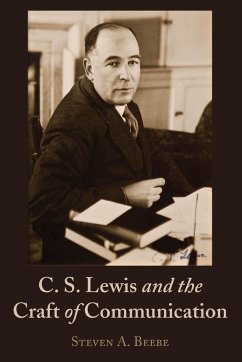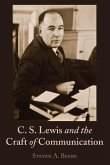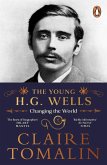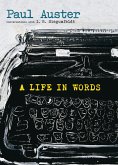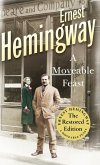C. S. Lewis, based on the popularity of his books and essays, is one of the best communicators of the twentieth century. During his lifetime he was hailed for his talents as author, speaker, educator, and broadcaster; he continues to be a best-selling author more than a half-century after his death.
C. S. Lewis and the Craft of Communication analyzes Lewis's communication skill. A comprehensive review of Lewis's work reveals five communication principles that explain his success as a communicator. Based on Lewis's own advice about communication in his books, essays, and letters, as well as his communication practice, being a skilled communicator is to be holistic, intentional, transpositional, evocative, and audience-centered. These five principles are memorably summarized by the acronym HI TEA. Dr. Steven Beebe, past president of the National Communication Association and an internationally-recognized communication author and educator, uses Lewis's own words to examine these five principles in a most engaging style.
C. S. Lewis and the Craft of Communication analyzes Lewis's communication skill. A comprehensive review of Lewis's work reveals five communication principles that explain his success as a communicator. Based on Lewis's own advice about communication in his books, essays, and letters, as well as his communication practice, being a skilled communicator is to be holistic, intentional, transpositional, evocative, and audience-centered. These five principles are memorably summarized by the acronym HI TEA. Dr. Steven Beebe, past president of the National Communication Association and an internationally-recognized communication author and educator, uses Lewis's own words to examine these five principles in a most engaging style.
"Steven A. Beebe reveals that nobody can fully appreciate the genius of Lewis without seeing the brilliance of Lewis's skill as a communicator. If you are going to learn about government you would like to have Abraham Lincoln at your elbow. If you want to learn about leadership, who would not love to tag along with Sir Winston Churchill? If you want to learn about American football, John Madden is the man to guide you.... When it comes to communication, Beebe is the one to facilitate the process of learning. Furthermore, when Beebe turns his attention to C. S. Lewis, the combination is unbeatable: Lewis the master communicator, and Beebe the master teacher."-Jerry Root, Professor, Wheaton College, Wheaton, Illinois, and co-author of The Quotable C. S. Lewis

